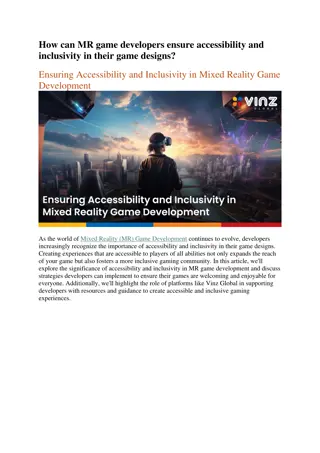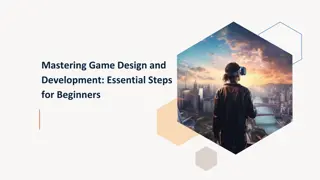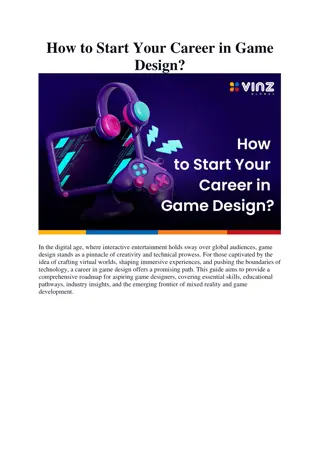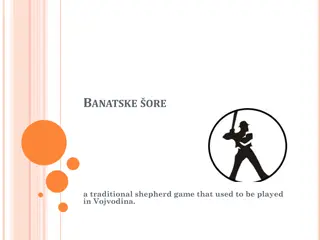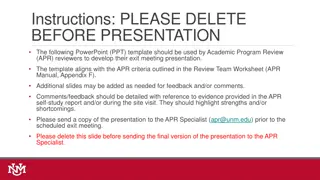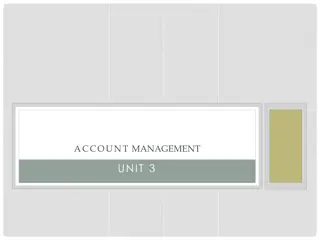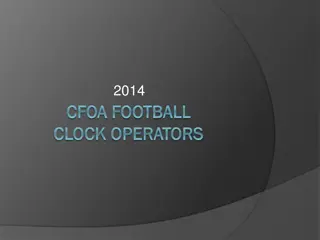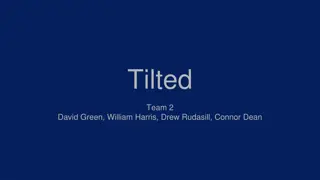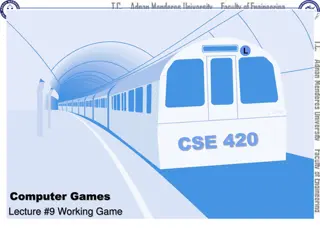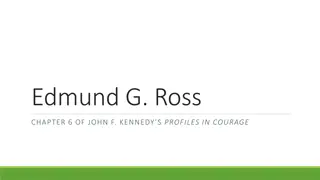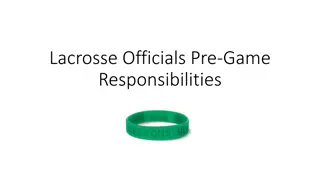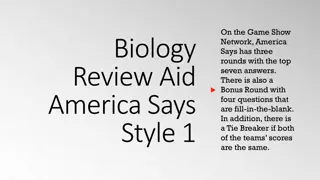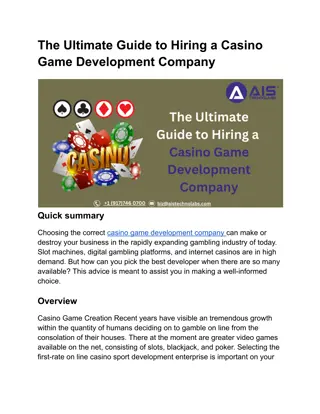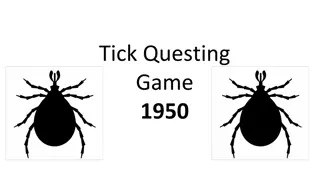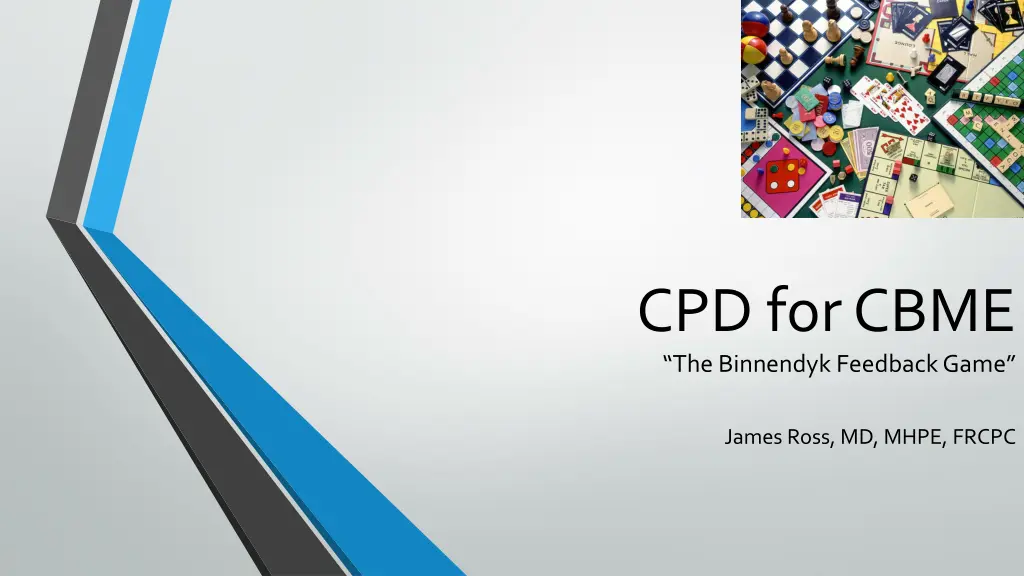
Enhancing Feedback Skills in Psychiatry CPD Workshop
Explore a CPD workshop focused on improving feedback skills in psychiatric consultations. Learn about effective feedback strategies and participate in interactive exercises to enhance communication in clinical settings.
Download Presentation

Please find below an Image/Link to download the presentation.
The content on the website is provided AS IS for your information and personal use only. It may not be sold, licensed, or shared on other websites without obtaining consent from the author. If you encounter any issues during the download, it is possible that the publisher has removed the file from their server.
You are allowed to download the files provided on this website for personal or commercial use, subject to the condition that they are used lawfully. All files are the property of their respective owners.
The content on the website is provided AS IS for your information and personal use only. It may not be sold, licensed, or shared on other websites without obtaining consent from the author.
E N D
Presentation Transcript
CPD for CBME The Binnendyk Feedback Game James Ross, MD, MHPE, FRCPC
Overview CBME session with psychiatry consultants re: feedback The feedback game Challenges with engaging consultants in discussions around CBME
CBME session with consultants Organized with psychiatry CPD to discuss feedback with psychiatry consultants Poor feedback that has limited value an ongoing issue Consultants only invited to increase frank discussion Session based heavily on Schulich CBME workshop several months prior Involvement of colleagues (mainly junior) as co-presenters
Objectives for Workshop By the end of the session participants should be able to: 1. Describe key elements of effective written and oral feedback about clinical psychiatry skills 2. Formulate clinical feedback for learners in psychiatry that is clear and useful
Overview of Workshop 15 minutes - Introduction and brief presentation 15-20 minutes Discussion of barriers to delivering feedback to learners in psychiatry and strategies to overcome them Why don t we give more feedback? 20 minutes - case scenario #1 40 minutes Feedback language exercise (board game) incl debrief re: effective words/language 20 minutes Case scenario #2 20 minutes wrap-up discussion
Good written or verbal feedback Task-oriented Specific Actionable
Feedback Language Board Game Each group has a collection of feedback quotes, mostly from psychiatry Categorize each feedback into helpfulor not helpful If helpful, identify if feedback meets markers of Task-oriented , Specific or Actionable . If not clearly helpful, categorize as unhelpful and write on cue card how you might re-word the feedback (using some artistic license re: resident activity). We will discuss alternative responses and language after the game
Examples of feedback written for game You did a great job at explaining the diagnosis and treatment options. Practicing more of such interviews and continued reading will be beneficial. Keep it up! You did a good job explaining the diagnosis in detail using DSM V criteria. Evidence based pharmacological treatment options were discussed. You continued providing information about the diagnosis missing on the emotional cues from the patient, who was distressed. I would recommend taking a pause and allowing time for the patient to express their feelings and address any questions that patient may have.
Examples of feedback written for game Dr. Kandel has an advanced knowledge of neuropsychiatry and psychopharmacology. His clinical skills are coming along but he had difficulty connecting with patients and getting all of the required information in some interviews. He could improve his information gathering and treatment plans by getting the full story from the patient and putting symptoms into more of a context. Readings about interview techniques, such as Shea could be helpful. Dr. Beck did very well with anxiety and depression cases but seemed to struggle while treating other presentations. Keep seeing complex patients and keep reading around cases.
Feedback language: discussion Did doing the game bring up any new ideas about how to give feedback? What would you would start doing differently based on the game? What language did you use for the new feedback? Are there specific words or phrases that you found useful?
Challenges Whether feedback was good or bad was fairly obvious, in spite of attempts to throw in some red herrings Discussion about what could be better about feedback was generally productive but Sometimes bogged down in semantics e.g. task-oriented vs. specific There still seemed to be skepticism as to why CBME could be helpful for learning.




